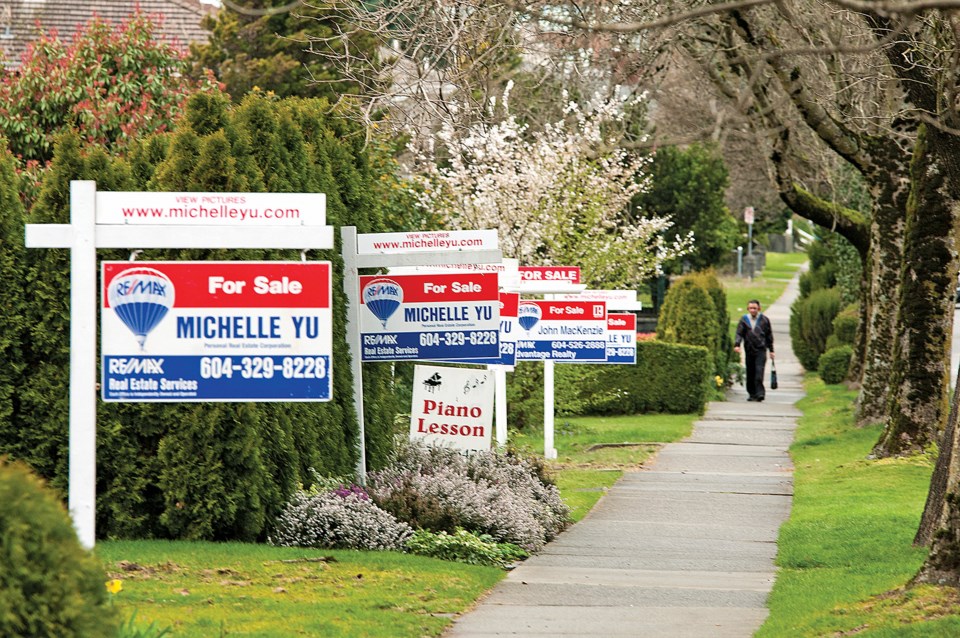Ever get the feeling that Vancouver is gaslighting you?
Gaslighting is “a form of psychological abuse used by narcissists in order to instill in their victim’s an extreme sense of anxiety and confusion to the point where they no longer trust their own memory, perception or judgment,” according to one definition found online.
Me, I experience a form of gaslighting regularly as a news junkie and journalist living in Metro Vancouver.
Hardly a day passes without another story of local real estate insanity, from demolished heritage homes to jaw-dropping leases for student “nano units.” Even though more young Vancouverites are finding the light at the end of the tunnel is an Ikea floor lamp in their parents’ basement, they have plenty of pundits to remind them of their great good luck to live here.
The latest dispatch along those lines is the annual Mercer report, which pegged Vancouver as the top place in North America for “Quality of Living” in 2016. The report placed the city at number 5 in the world.
As per usual, local media recycled this report in another Mobius strip of inward-gazing civic boosterism.
On a web page explaining its 2014 rankings, Mercer states it “conducts its Quality of Living survey annually to help multinational companies and other employers compensate employees fairly when placing them on international assignments. Two common incentives include a quality-of-living allowance and a mobility premium. A quality-of-living or “hardship” allowance compensates for a decrease in the quality of living between home and host locations, whereas a mobility premium simply compensates for the inconvenience of being uprooted and having to work in another country.”
Quality of Living is not the same thing as Quality of Life. The former is a metric for corporate relocation. The latter is something more subjective. As Mercer straightforwardly notes, “a city with a high Quality of Living index is a safe and stable one, but it may be lacking the dynamic “je ne sais quoi” that makes people want to live in world-renowned cities such as Paris, Tokyo, London or New York. Sometimes you need a little spice to make a city exciting. But that “spice” may also give a city a lower ranking.”
Whatever the lifestyle metrics, they are largely irrelevant to locals who can no longer afford to either own or rent in Vancouver. In contrast, outsiders get to park their bucks and butts in a spot highly favoured by the Mercer report and the livability rankings of a magazine called — wait for it —The Economist.
We’d be mistaken to analyze Vancouver’s hyper-inflated real estate market in isolation, however. Global capital is always looking for profitable berths in portfolios and properties. A large but unknown fraction of this money involves tax evasion and/or criminal activity by a footloose international leisure class, who are driving up property prices across the world.
In New York, wealthy Russians, Europeans and Asians are using numbered companies to buy up the high end-condos in Manhattan. In New Delhi, a newly ascendent plutocracy is pushing out street beggars and people on the margins for the sake of glass tower lifestyles. Stockholm, London, the Gulf States... it’s all part of the ever-widening chasm between rich and poor.
Market bubbles are inflated by a combination of guile and greed from high rollers, and subsequent panic from low rollers driven by FOMO (Fear Of Missing Out). Such bubbles represent capitalism in its purest, unregulated form.
“All that is solid melts into air,” mused the economic historian Karl Marx of capital’s transformative capacity to erase neighbourhoods, cities, and entire cultures in repeating cycles of boom and bust. Even that revered figure of classical economists, Adam Smith, warned of the threat from unregulated markets in his 1776 study, The Wealth of Nations.
The Scotsman knew that markets aren’t forces of nature; they are social conventions we agree to abide by — or not. That said, I see little interest from the province or city to address our out-of-control real estate market in any substantive way. Like other non-measures taken by the B.C. Liberals in this department, Christy Clark’s recent twiddling of the property transfer tax was budgetary cosmetics. It will do nothing to stop the real estate bubble from getting bigger, much less bursting.
Getting that gaslit feeling yet?



